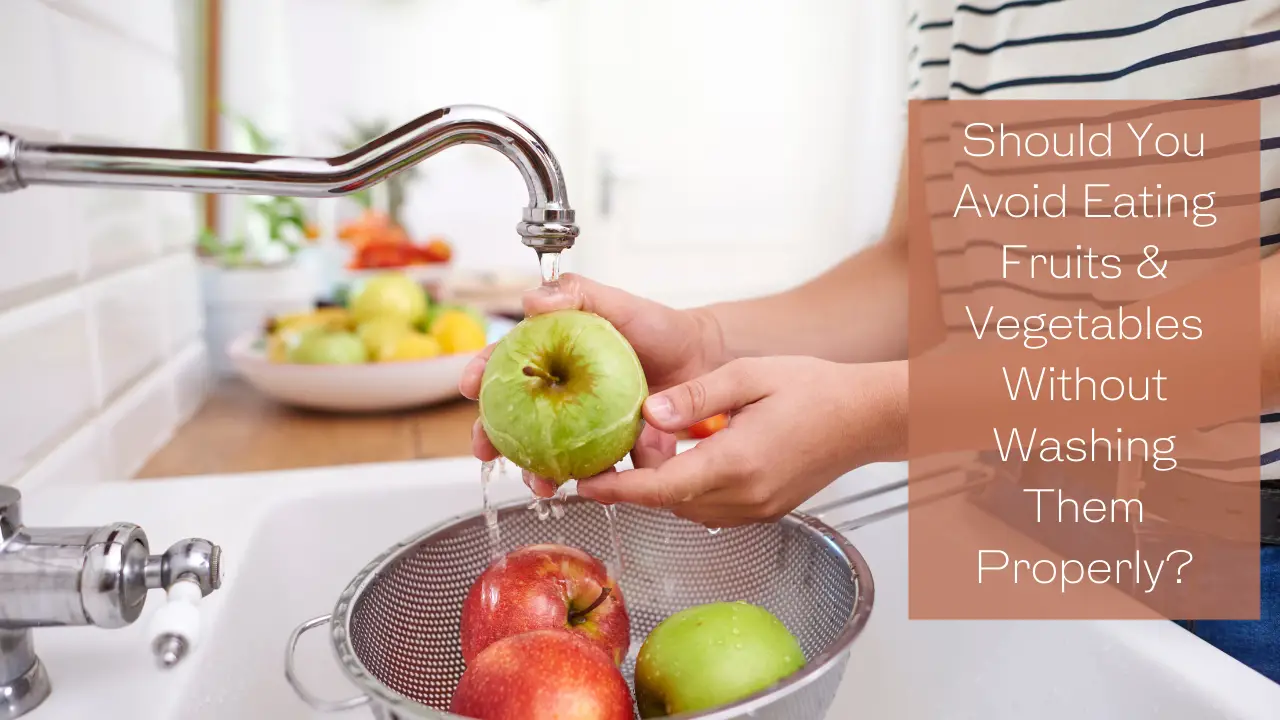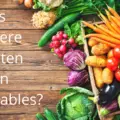Is it essential that you wash your fruits and vegetables before eating them? Sometimes, laziness gets the best of us, and simply rinsing your fresh produce may seem like a chore.
Unfortunately, we are here to bear the terrible news that you can't entirely skip this essential step. Eating fruits and vegetables IS healthy; nobody denies that.
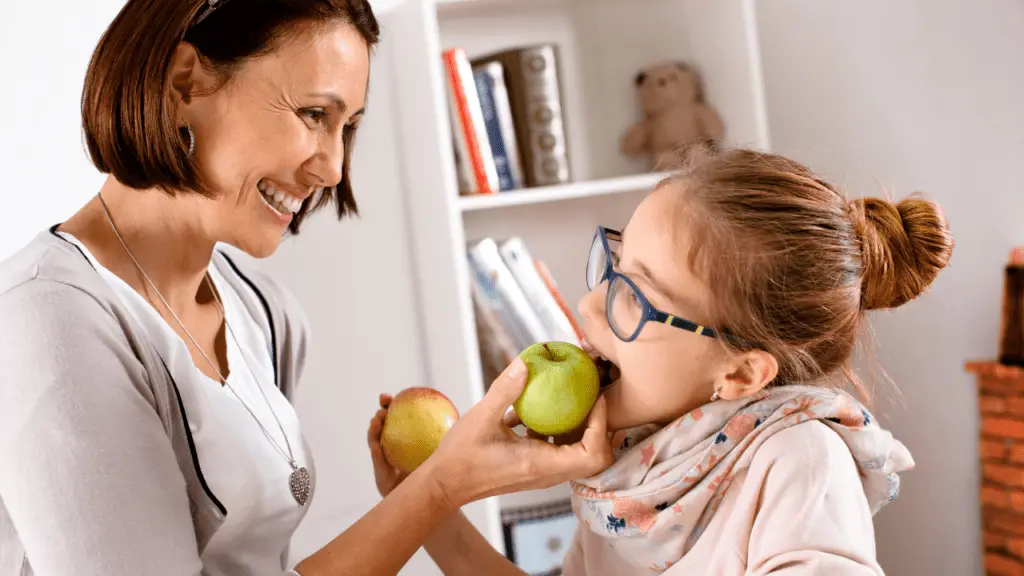
However, eating fresh produce without washing it can make you sick. Wait… what? Yes! It turns out that washing fruits and vegetables is necessary, just as our mothers have advised us for decades.
Why is that so, and how can you do it? Keep reading to find out.
What's Happening on the Surface of Your Produce?
In the most straightforward words, a lot! There are two major risk factors when eating unwashed produce- you're either eating bugs or chemicals. Both are equally disastrous for your health; it's not one or the other in this scenario.
Let's start with the germs residing on fruits and vegetables. There are more bacteria than you'd begin to imagine! These germs could come in contact with the fresh produce you're buying at the grocery store in several ways.
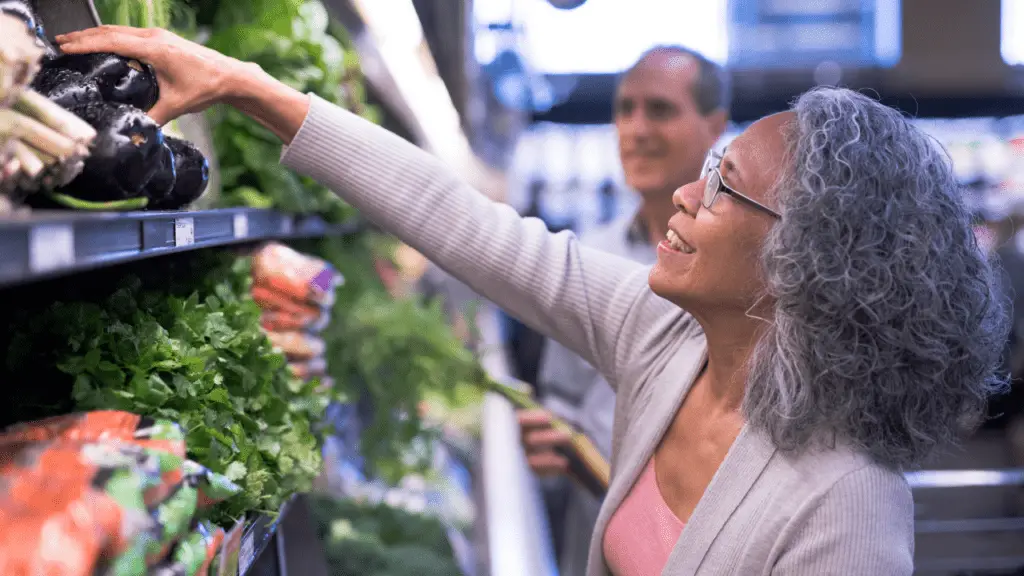
The fruits and vegetables in your kitchen go through a whole journey from the farm to your table. There's a considerable risk of contamination from the production right down to finding a place on the store's shelf.
Animal feces, bacteria in the soil, and even human contact could transfer harmful bacteria to the produce. You could be the reason for contamination if you're unaware of proper storage and preparation techniques yourself.
The second cause of diseases caused by contaminated fruits and vegetables is pesticide intake. To some extent, pesticides are unavoidable and have become necessary for farmers.
However, these manufactured chemicals have multiple cons attached to them too. For starters, WHO and EPA have set strict guidelines for the type and maximum usage of pesticides. So some damage may be controlled, but it doesn't eliminate the possibility of pesticide residue on fresh produce.
The Environmental Working Group (EWG) annually publishes a list of fruits and vegetables with the highest amount of pesticides. The Dirty Dozen list can help serve the purpose of knowing which fruits and vegetables you may even want to skip at the store at all costs.
Going back to our question, you do not want to miss out on washing your fruits and vegetables after this! Forget about following a healthy diet; consuming unwashed produce can make you physically ill.
The Stats Behind this Logic
The FDA has calculated a staggering 48 million people falling ill from contaminated foods in the US alone. The pandemic has shifted our lifestyles for the better when concerned with hygienic practices, i.e., washing our hands.
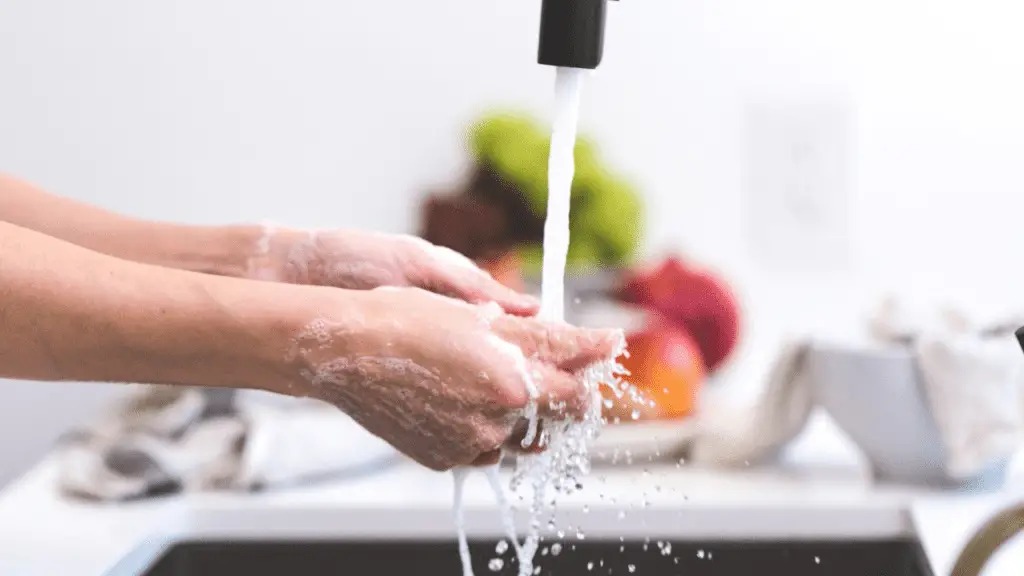
Still not convinced that the healthy greens in your refrigerator could make you ill? Researches identified contaminated produce as the cause of infectious outbreaks. As recent as 2019, germs such as listeriosis, E. Coli, and Salmonella have led to many people falling sick.
Bacterial infections aren't the only thing you need to worry about. As mentioned above, pesticides are another one-way ticket to numerous diseases, some of them even fatal.
There's no concrete research to depict the exact numbers on the cases related to pesticides on produce. However, medical studies suggest a strong interlink between pesticides and several health issues.
These numbers aren't restricted to the US alone. Instead, European and Asian countries have often been victims of such cases. The common culprit behind these infections is the germs resting on the surface of the produce you bring home.
Who Can Get Sick From Unwashed Produce?
Anyone and everyone can become prey to the consequences of eating unwashed fruits and vegetables. Even if you're the healthiest person on the planet, intake of germs or pesticides can make your physical health decline.
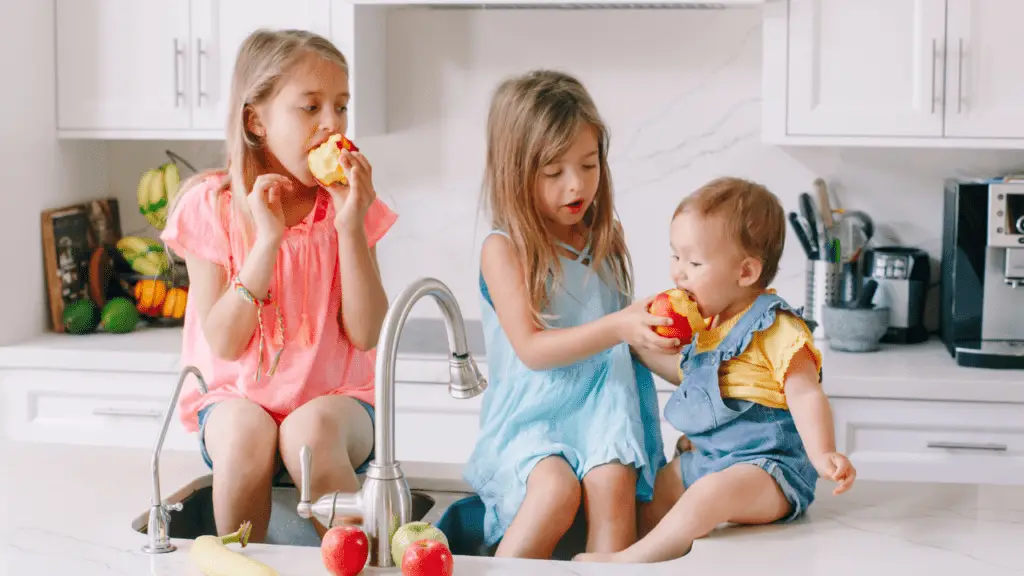
Although, some individuals are at a greater risk of falling sick and having severe symptoms than others. The groups mentioned below need to take extra care when bringing home fruits and vegetables from the market and eating them:
- Children
- Older people (above 65 years old)
- Pregnant women
- Immunocompromised individuals, especially those with chronic conditions
Symptoms of Foodborne Illness and Pesticide Intake
Bacteria on fresh produce cause foodborne illnesses. Meanwhile, pesticide exposure occurs when someone ingests or is exposed to excessive pesticide residue, higher than the safe range.
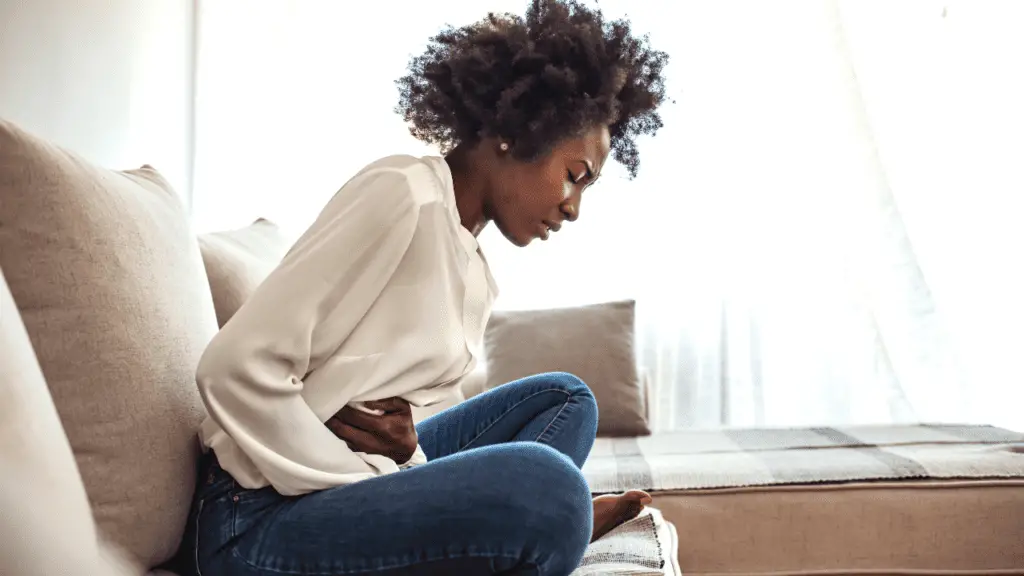
Sadly, pesticide intake is relatively common. Plus, those with weak immune systems can get sick at the smallest amount of pesticide ingestion.
Both conditions have the following symptoms in common:
- Headache
- Nausea
- Stomach cramps
- Diarrhea
- Muscle cramps
- Dizziness
Consult a doctor if you should ever have any of the above symptoms, specifically in severe cases. A medical professional can quickly determine the cause and prevent worsening matters.
Should You Stop Eating Fruits and Vegetables?
Most people stay away from anything that poses the slightest harm to their well-being. Not eating foods and vegetables as an excuse to avoid bacteria and pesticides is not the answer to the problem.
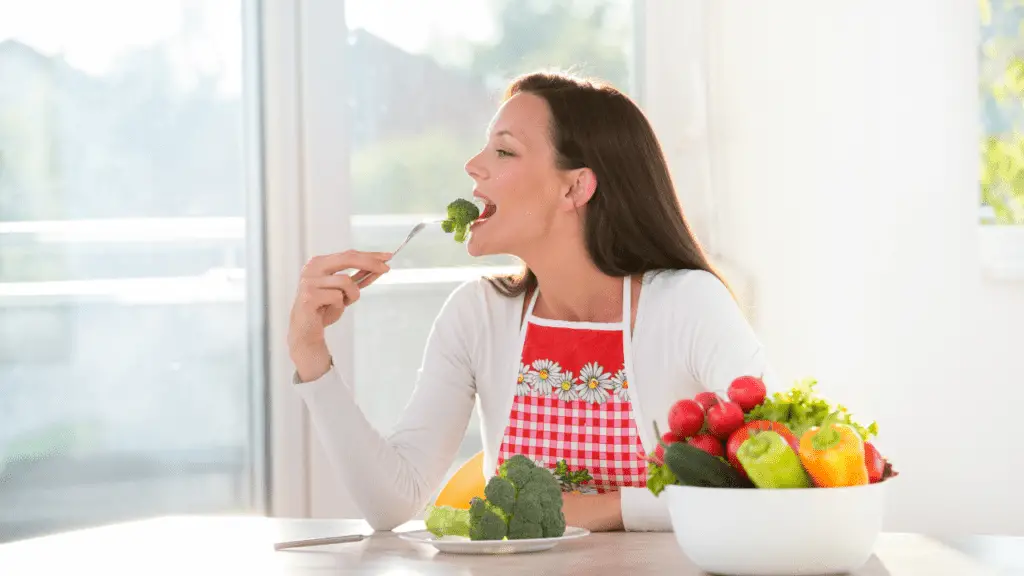
Fruits and vegetables provide tons of benefits with nutritional value to your body. So, instead of pushing away the plate of leafy greens the next time someone offers them, wash your produce.
Washing them might not eliminate these pathogens, but it can reduce the risks. And you still need fruits and vegetables in your meals for a balanced and nutritious diet.
How to Properly Wash Fruits and Vegetables
Yes, there's a ‘proper way' to wash fruits and vegetables, meaning others don't do the job. Firstly, you don't need a fancy or unique machine to wash your fruits and vegetables. You can wash fresh produce the same way you do your hands.
Begin placing your fruits and vegetables in a clean basket or storage box. Wash your hands with soap or handwash for 30 seconds prior and with warm water. If possible, submerge these foods in hot water for a few minutes before washing them.
Next, take your fresh produce out one time and rinse them in the sink. Make sure you get all the dirt and debris by gently rubbing the surface.
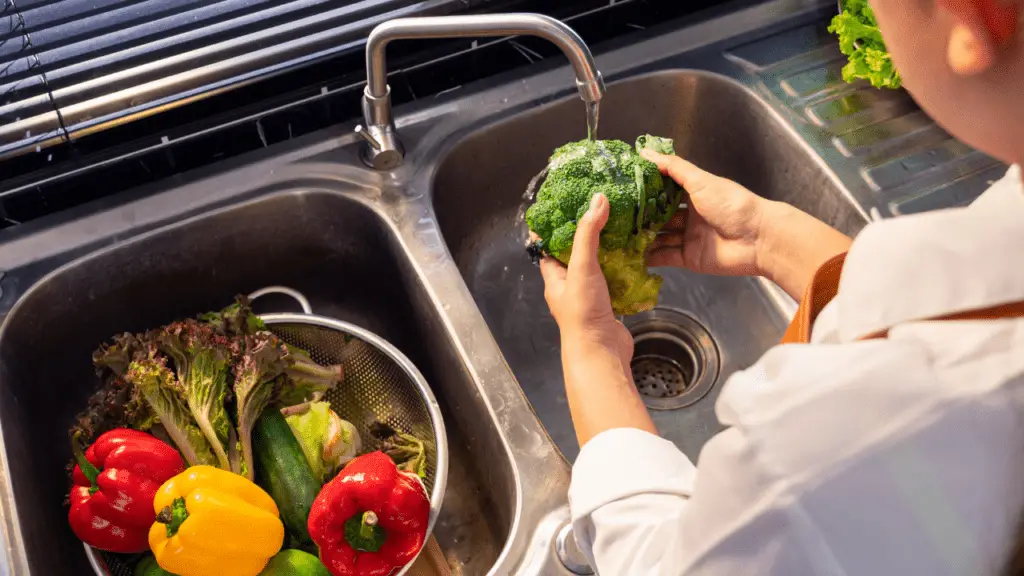
For leafy vegetables, remove the outer layer and wash as many layers as possible. Use a soft brush to effectively get at the dirt and debris for fruits and vegetables with a firm shell.
Finally, don't forget to dry the fruits and vegetables with a clean microfiber cloth or paper towel. Leaving moisture behind will only attract more bacteria and germs to your produce; it's a harbor for such pathogens. At this point, after all that effort, you don't want to invite more pathogens to your fresh produce.
Don't Fall for the Myths
You may have come across several ‘tips' that recommend washing fruits and vegetables with lemon, vinegar, or bleach. There is also produce wash on the market, and some people think they should wash their produce with soap. Neither is recommended.
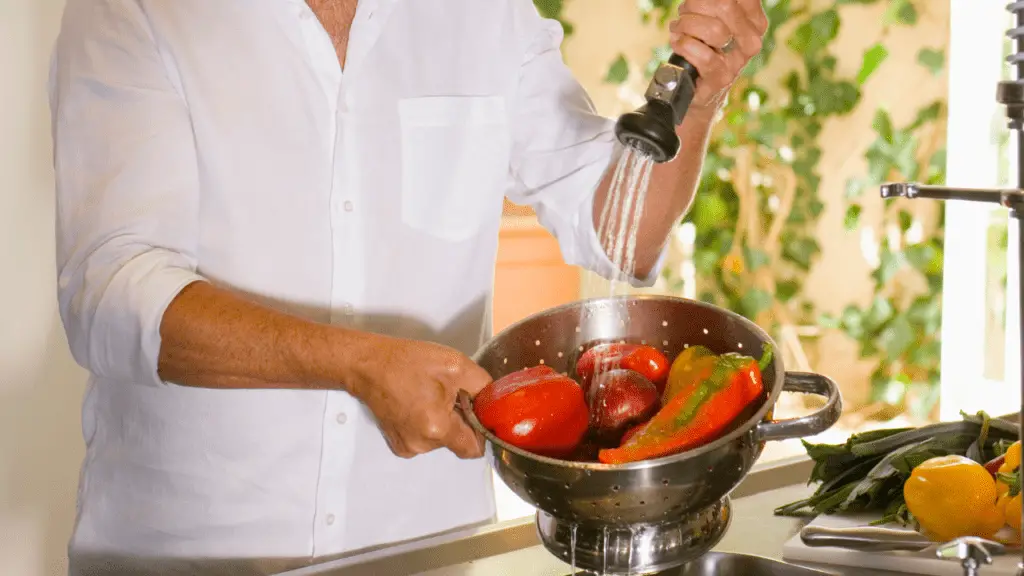
Trying out the lemon and vinegar methods won't harm your produce. Washing the produce with water will reap the same results as the lemon and vinegar methods.
As far as bleach goes, don't even think about going there! We're already trying to remove chemical pesticides from the produce, and you don't want more there. Bleach is incredibly harmful, and the tiniest amount left on the produce is a recipe for disaster.
Additional Hacks for Washing Fruits and Vegetables
Now that we have discussed how to wash fruits and vegetables having a few more hacks under your belt won't hurt. These tips will ensure your fruits and vegetables are as bacteria and pesticide-free as possible.
Look at the Insides:
Take a good look at your fruits and vegetables and see if any cuts, wounds, or bruising are on the surface. If the produce is beyond saving and you can't cut the damaged part, throw it away. The chances are that germs and worms found a way to the insides, and you don't want to eat that.
Use Clean Hands and Utensils:
When dealing with fruits and vegetables, wash your hands and the utensils you're about to use. It only takes a few minutes, but it significantly reduces the possibility of cross-contamination. Even the germs on your hands and utensils can transfer to fruits and vegetables.
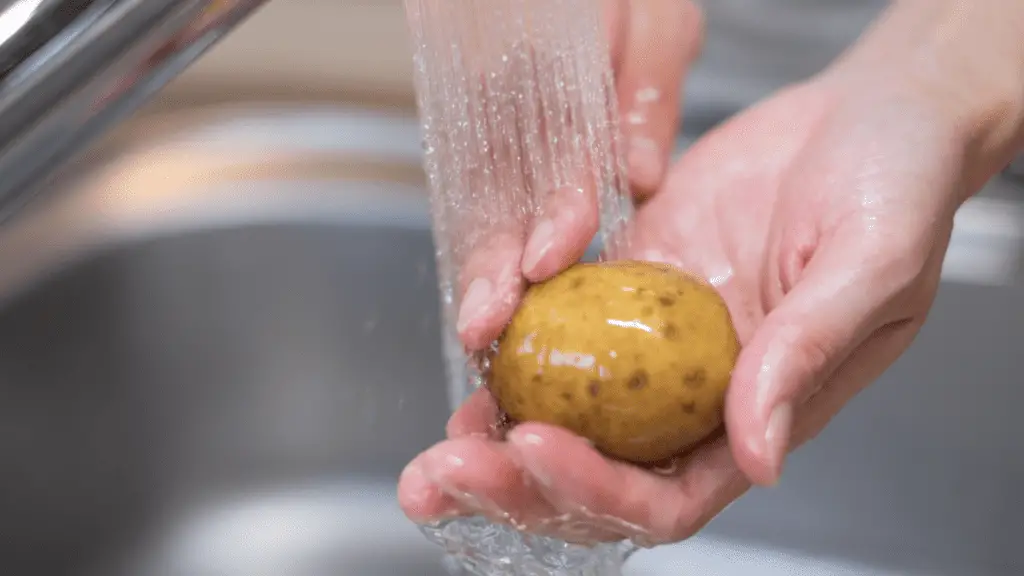
Even if You're Not Eating the Skin, Wash:
You're peeling the skin away, so why bother washing the surface? Cross-contamination is all too real, and it happens in this situation too. The germs and chemicals from the skin you're peeling away could transfer from the utensils or your hands to the interior. So, always wash your produce “before” cutting or peeling it.
Wash in All Circumstances:
Washing fruits and vegetables is essential, even if you're not doing it the right way. At the very least, rinse your fruits and vegetables before cooking or eating them. You'll get rid of most if not all of the bacteria with a quick 5-minute rinse.
Organic Produce Needs Washing Too:
We always suggest buying organic whenever possible. And although organic produce uses lesser pesticides, that doesn't mean you don't have to wash these. Pesticides are on organic fruits and vegetables too, only in a comparatively lesser quantity. To stay on the safe side, always wash them as well.
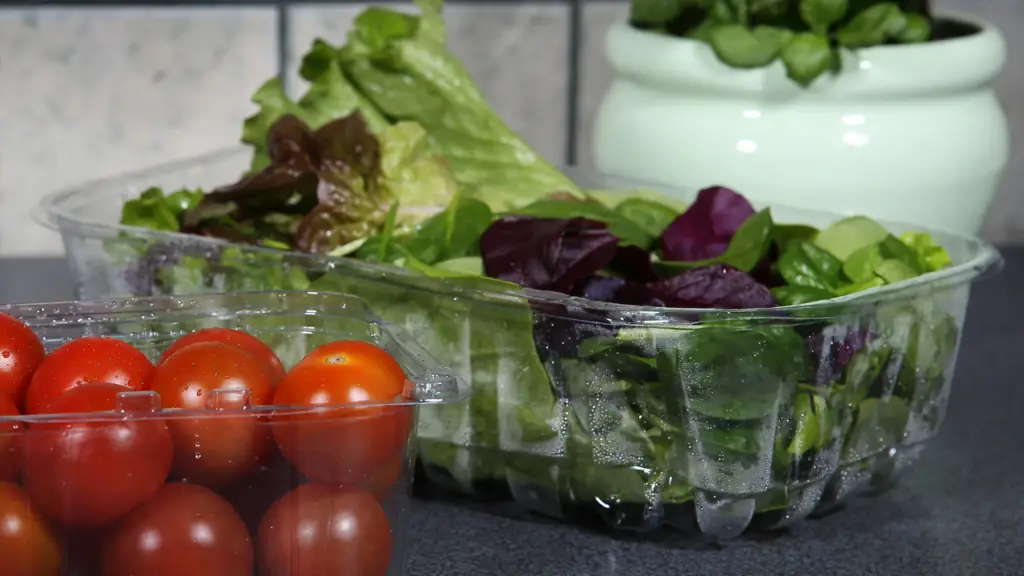
Ready-to-Eat Foods:
Ready-to-eat produce is washed and prepared before it's packed. As a result, you don't have to worry about extensively cleaning packaged fruits and vegetables. However, the risk does exist, so where possible, buy whole fruits and veggies and wash them yourself.
Final Words
We've all heard about the list of diseases caused by uncooked meat and seafood. It's time to extend your concerns towards unwashed fruits and vegetables too.
Washing fruits and vegetables every time you buy them may feel like a lot of work. Always remember, for the sake of your health, it's good to practice this habit and keep yourself and your family safe.


